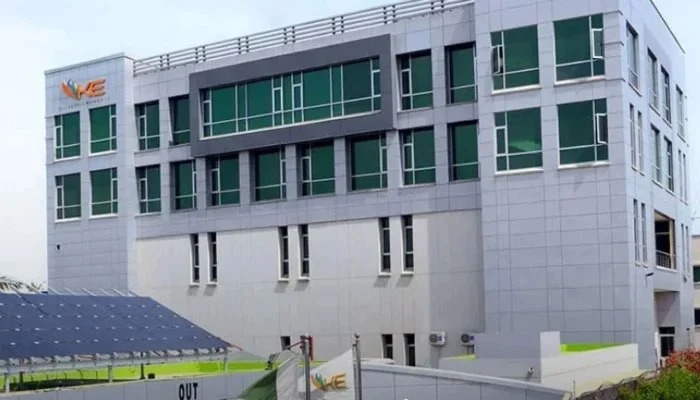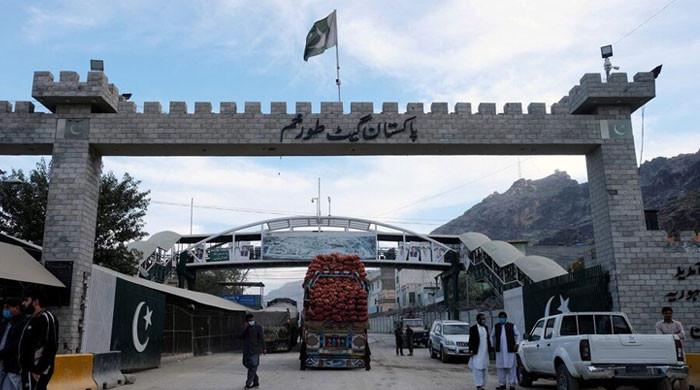KE faces Nepra questioning over persistent blackouts
Karachi industrialists demand action over KE’s inefficiencies and high costs
January 16, 2025

- Nepra criticises KE’s reliance on NTDC for supply.
- Calls raised to revoke KE’s generation license.
- Company seeks Rs4.96 per unit FCA refund.
ISLAMABAD: Karachi residents and industrialists expressed their frustration with K-Electric (KE) during a public hearing on Wednesday, accusing the utility of failing to deliver consistent electricity to industrial and commercial areas, The News reported.
They argued that frequent power outages are hindering the federal government’s winter relief package, making it difficult for businesses to increase production and commercial operations.
The National Electric Power Regulatory Authority (Nepra) also reprimanded KE for its excessive dependence on the National Transmission and Dispatch Company (NTDC) for power supply, raising questions about the necessity of the utility retaining its generation license.
Nepra Khyber Pakhtunkhwa Member Maqsood Anwar suggested revoking KE’s generation license. “If the company is sourcing 67% of its supply from NTDC, does it still need a generation license?” Anwar asked.
He expressed concerns over the company’s power plants, noting that the cost of power generation at KE’s plants was high, with capacity payments reaching Rs6-7 per unit.
The representative of KE responded that KE will still need generation license as the company has agreements with power producers and its termination will result in penalty.
Besides, the supply from national grid can go to maximum 2,000 MW, while the KE’s demand is surging to 3,400 MW during summer. The representative further said that the company has the most efficient RLNG based power plants which cannot be abandoned.
NTDC interconnections currently cap supply at 1,600 MW and KE expects NTDC to complete critical circuits by March or April, potentially increasing offtake capacity to 2,000 MW.
The KE’s official claimed that the capacity cost of KE’s plants equals Rs6 to Rs7 per unit as compared to Rs26 to Rs27 per unit of the NTDC.
The hearing revolved around KE’s petition seeking a Rs4.96 per unit refund under the November fuel charges adjustment (FCA) which, if approved, will translate to Rs7.179 billion in relief for consumers in their February 2025 bills.
The Karachi Chamber of Commerce’s Tanveer Bari expressed frustration over KE’s high electricity prices, noting that Karachi’s businesses are being hit hard by the electricity costs and frequent loadshedding, especially in industrial areas. “It’s unfair, and we demand action from Nepra,” he said.
In Karachi, the Agro Export Processing Zone has installed its own feeder but continues to face hours-long loadshedding. “How can we benefit from the incremental package under these conditions?” he questioned.
A representative from the Jamaat-e-Islami echoed the sentiment, asserting that KE’s inefficiencies and rising subsidies—now reaching Rs170 billion annually—are causing more harm than good. “If Nepra revokes KE’s generation license, it would be a favour to Karachi’s residents,” the representative argued.
The authority responded to complaints of loadshedding, particularly in industrial zones, by directing an investigation. “We will visit the affected areas to assess the situation,” said Rafiq Sheikh, a member of the authority, urging KE to address these issues promptly.
Nepra also ordered KE to submit a report on loadshedding, which will be made public on its website for transparency.
Besides, Sheikh further suggested that power distribution companies (DISCOs) engaging in commercial loadshedding should face daily penalties, emphasising that such practices must end. "From now, we will monitor them on daily basis," he said.











